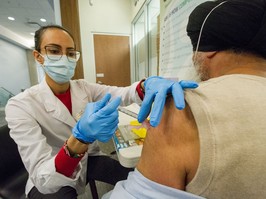healthing.ca partners with the canadian centre for caregiving excellence
the canadian centre for caregiving excellence supports and empowers caregivers and care providers, advances the knowledge and capacity of the caregiving field, and advocates for effective and visionary social policy, with a disability-informed approach.
feb 07, 2023
supporting caregivers and care providers
the canadian centre for caregiving excellence is a new initiative incubated and powered by the azrieli foundation.
jan 31, 2023
events for caregivers and care providers
discover events for caregivers and care providers from the canadian centre for caregiving excellence.
jan 31, 2023
caregiver resources
caregivers and caregiving organizations across the country have created tools and resources to support and empower caregivers in their role.
jan 31, 2023
events for caregivers and care providers
discover events for caregivers and care providers from the canadian centre for caregiving excellence.
jan 31, 2023
caregiver resources
caregivers and caregiving organizations across the country have created tools and resources to support and empower caregivers in their role.
jan 31, 2023
savvy siblings builds financial security for people with disabilities
more people with disabilities are outliving their parents than ever before. as a result, more siblings are transitioning into caregiving roles.
jan 31, 2023
understanding the needs of caregivers in nunavut
the canadian centre for caregiving excellence is investing in a cross-territory mapping exercise to better understand the needs and challenges of those who provide care in nunavut.
jan 31, 2023
 2 minute read
2 minute read












